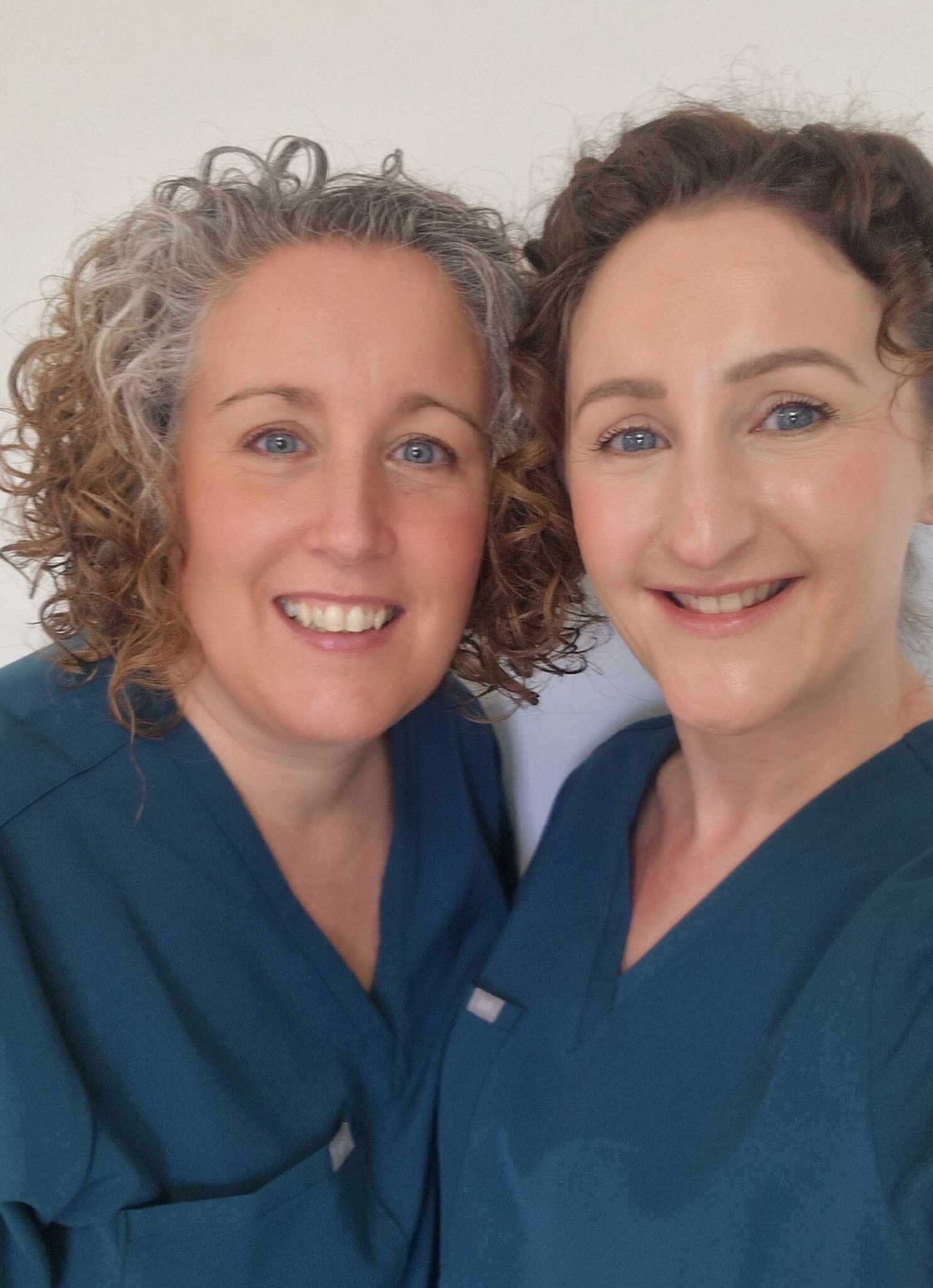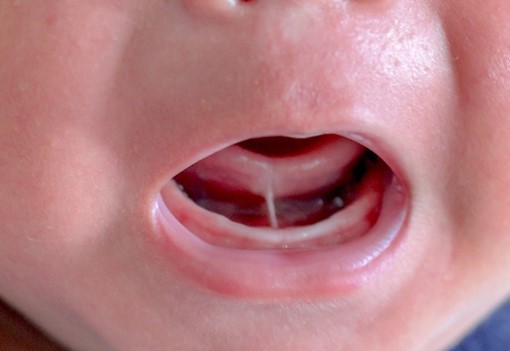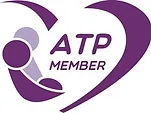
Tongue Tie and Infant Feeding Specialists
Welcome to our webpage – we are Katie and Donna and we are a midwifery partnership.
We both have over 10 year’s clinical experience and are registered midwives with the Nursing and Midwifery Council (NMC).
We are qualified tongue tie specialists, having completed our training with the University of Wolverhampton, and we are registered with the Association of Tongue Tie Practitioners (ATP).
Who Are We?
Having worked together within the National Health Service (NHS) as Tongue Tie Specialist Midwives, we have extensive knowledge and experience around feeding difficulties, and the recognition and treatment of all variants of Tongue Tie.
We are regulated by the Care Quality Commission (CQC) and pride ourselves on providing a caring, unhurried and fully holistic service.
Appointments are offered to any baby up to 6 months of age, regardless of whether breast or bottle feeding.
We will always work as a partnership within our clinics to ensure that we can offer a safe and secure space where your individual needs can be discussed and met.
If you are struggling with feeding and don’t know why, coming along for an assessment with a Tongue Tie Specialist is the best first step you can take.

Why choose Tongue Tie Midwives Yorkshire?

CQC Registered
Being CQC registered ensures that our services are safe, effective, compassionate and of a high standard.

Clinical Expertise
We each have over 10 years midwifery experience, and have developed our clinical expertise in frenulotomy and infant feeding.

Early Appointments
We aim to offer appointments as soon as possible, enabling you to receive timely and targeted assistance.

Easily Accessible
Our clinic runs from Ossett Town Centre with several car parks in the area. We are central to all areas within Yorkshire (Jct 40 M1).
What Is A Tongue Tie?
Many babies have a piece of membrane under their tongue (the lingual frenulum), and often this does not cause the baby any problems. The frenulum is part of our normal anatomy.
However, in some babies this frenulum may be short, tight and attached close to the tip of the tongue (easily seen), or may be further back in the tongue, which can be less easy to see and is often only felt. Restrictions in tongue movement and function can then lead to feeding difficulties.
The incidence of tongue tie is thought to occur in up to 10% of babies, and can be inherited.

How Does A Tongue Tie Affect Babies?
For babies to feed effectively, babies need to be able to open their mouth wide and move their tongue forward to cover the gum ridge. This allows babies to cup the breast or bottle teat in their mouth to stabilize, which then creates a seal with the lips and tongue, forming a vacuum.
The back of the tongue needs to be free to elevate, not only to perform a correct suck/swallow pattern (without excessive air intake), but also to undulate like a wave during feeding (peristalsis).
Tongue tie results in feeding difficulties that are not specific to whether you are breast or bottle feeding. Therefore, changing the method of feeding does not change the function of the tongue.
If your baby is having feeding difficulties, seek support from a Tongue Tie Specialist who will assess oral function. This will determine whether any treatment is necessary.
What Are The Signs And Symptoms of A Tongue Tie?
YOUR BABY may show some of the following symptoms:
• Poor attachment to the nipple and/or teat
• Struggles to maintain a latch
• Weight loss or poor weight gain
• Fussiness at the breast
• Frequent feeds
• Not content after feeds
• Dribbles when feeding
• Clicking
• Slow to feed / tires whilst feeding
• Coughing or choking
• Excessive hiccups
• Prolonged jaundice
• Vomiting and/or reflux
• Colic
• Milk tongue (often mistaken for thrush)
• Lip blisters
• Sleeping with mouth open

YOU MAY experience the following symptoms
• Pain during feeding
• Mishappen / sore nipples
• Engorgement due to the incomplete breast drainage
• Blocked ducts
• Mastitis



